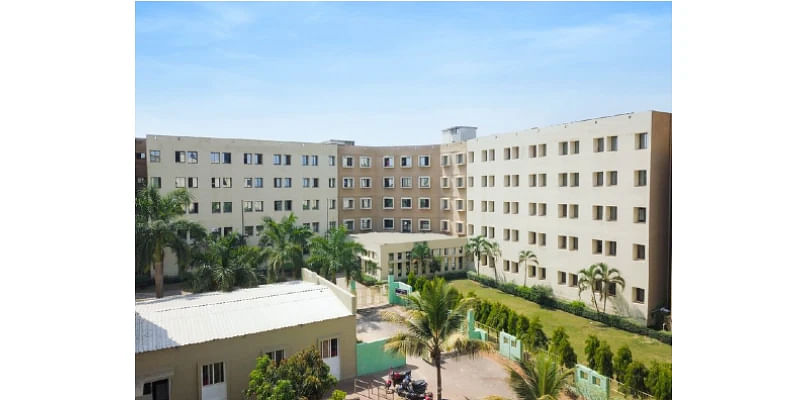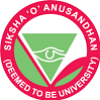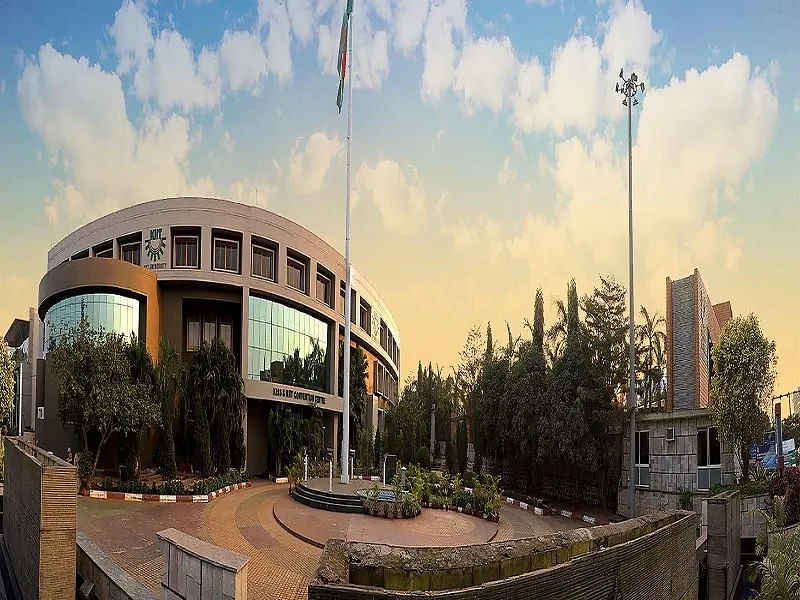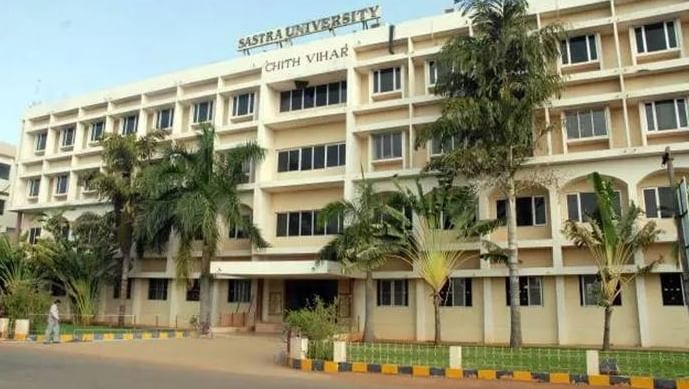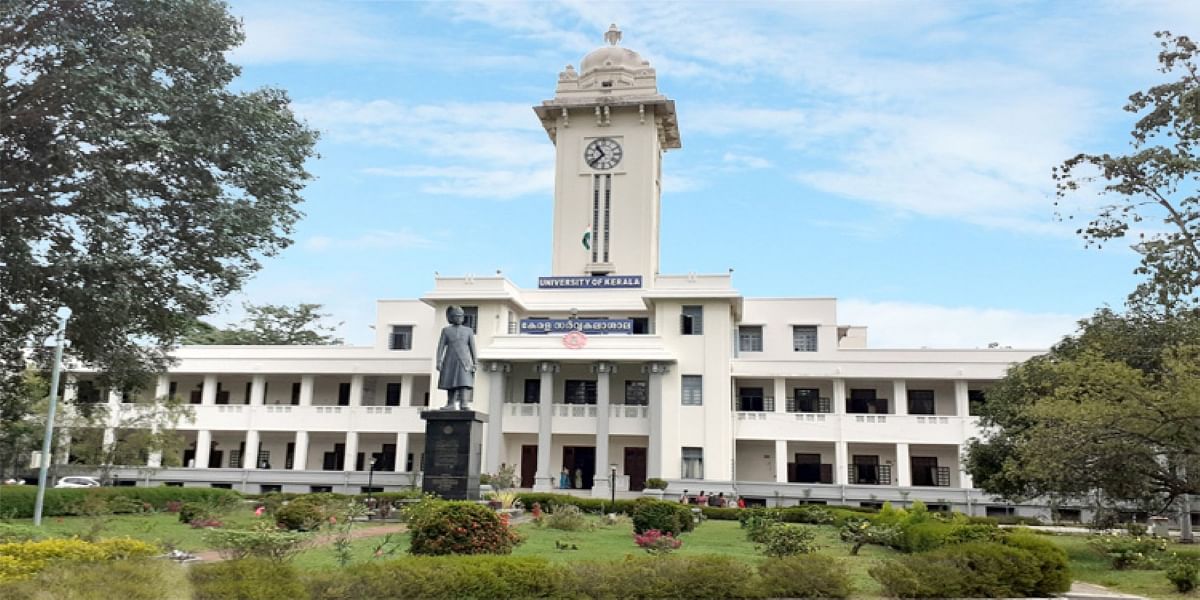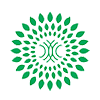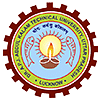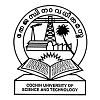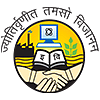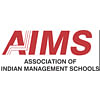BCA 1st Year Syllabus: Subjects List, Practicals, Books

The BCA 1st year syllabus focuses on the fundamental topics of computer applications such as Programming, Computer Architecture, System Software, System Analysis, Data Structures, and more. In addition, the BCA syllabus also includes practical sessions on subjects such as C Programming, Programming Visuals, etc to reinforce theoretical knowledge and develop practical programming skills.
The BCA 1st sem syllabus covers important topics such as information systems, data types, computer arithmetic, control structures, etc while the 2nd semester syllabus focuses on topics such as arrays, assembly language, system development, graph theory, operating systems, advanced programming, and more.
The BCA course subjects and practicals offered may vary depending on the institution, however, the core subjects remain the same and aim to provide students with a strong foundation in computer science and programming concepts.
Also Check:
| BCA 2nd Year Syllabus | BCA 3rd Year Syllabus |
Table of Contents
BCA 1st Year Syllabus
BCA 1st year syllabus focuses on the foundational topics in computer applications, including combination circuits, information systems, programming in C, operating systems, etc. The first year syllabus also includes general compulsory courses such as Environmental Studies and English.
The semester-wise BCA 1st year syllabus is provided in the table below.
| Semester I | Semester II |
| Basics of Digital Electronics | Advanced Concept in C Programming |
| Business Systems and Application | Computer Architecture and Systems Software |
| Introduction to Programming | System Analysis & Design |
| Mathematics in Computer Applications | Mathematics in Computer Applications |
| Fundamentals of IT | Graph Theory |
| Environmental Studies | English II |
| English I | Advance Concept in C Programming Lab |
| Programming in C Lab | Programming Lab (Visual Basic) |
BCA 1st Year Subjects
The subjects offered in the first year of BCA deal with topics such as programming in C, computer hardware and software, AI based information systems, and more which are essential in the dynamic field of modern computing.
The BCA subjects 1st year and the topics covered under them are detailed in the sections below.
BCA 1st Semester Subjects
The BCA 1st sem syllabus includes important topics such as digital electronics, mathematics related to computer applications, decision support systems, etc that lay the groundwork for more advanced topics in computer science.
Listed below are the BCA 1st year subjects and topics covered.
| Subjects | Topics Covered |
| Basics of Digital Electronics | Data and Number Representation, Binary Arithmetic, Logic Gates, Logic Operations, Boolean Expressions, Simplification, Combination Circuits, ROM, PROM, EPROM, Digital Components. |
| Business Systems and Application | Use of Computers in Managerial Applications, Technology Issues, Computer Based Information Systems, Decision Support System, Artificial Intelligence Based Systems, IS Architecture. |
| Introduction to Programming | Program, Algorithms, Flow-Charts, Programming Languages, Compiler and Linker, Constants, Variables & Data Types, Operators & Expressions, Branching & Looping, Functions. |
| Mathematics in Computer Applications | Algebra, Differential Calculus, Integral Calculus, Dimensional Geometry. |
| Fundamentals of IT | Characteristics, Memory, Basic Computer Hardwares, Storage, Software, Computer Arithmetic. |
| Environmental Studies | Ecology and Ecosystems, Biodiversity, Pollution, Natural Resources, Climate Change, Laws and Policies. |
| English I | Grammar, Comprehension, Reading and Writing Skills, English for Effective Communication. |
| Programming in C Lab | Basic Programming Constructs, Data Types, Decision Structures, Control Structures in C, Logic Aptitude Programming in C Language, Developing Software in C Language. |
BCA 2nd Semester Subjects
The BCA 2nd sem syllabus deals with topics such as advanced programming concepts, system analysis and design, computer architecture, etc. These BCA subjects allow students to enhance their understanding of computer systems and applications building on the foundations laid in the first semester.
Listed below are the BCA subjects 1st year and topics covered under them in the second semester.
| Subjects | Topics Covered |
| Advanced Concept in C Programming | Arrays, Two Dimensional and Multidimensional Arrays, Strings, Enum, Typedef, String Formatting, Pointers, Pointer Arithmetics, Structure & Union, Applications |
| Computer Architecture and Systems Software | Microprocessors, Bus Structure, Data Representation, CPU, Basic Computer Organisation and Design, Assembly Language, Micro-programmed Control. |
| System Analysis & Design | Fundamental of System Development, Determining System Requirement, Traditional Methods, Modern Methods, Process Modelling, E-R Modelling, Implementation, Maintenance. |
| Mathematics in Computer Applications | Differential Equation, Cauchy’s and Lagrange’s Linear Differential Equation, Linear Algebra, Sequence and Series, Cauchy’s Sequence, Alternating Series, Leibnitz Test, Abel and Dirichlet Convergence Test |
| Graph Theory | Finite and Infinite Graphs, Incidence & Degree, Null Graph, Properties, Trees, Binary Trees,Cut-Set, Matrix Representation of Graphs. |
| English II | Expression, Reading, Technical and General Writing, Precis, Business Letters, Business Communication. |
| Advance Concept in C Programming Lab | Core Concept of C Programming, Implement Array and String, Implement Functions, Create Program Using Structure, Structure and Union, and Applications. |
| Programming Lab (Visual Basic) | Creating Standard Exe File, Code Window, Event Based Programming on Control, Backend MS-Access, Arrays, Searching, Linear and Binary, Function, Subroutines, Data Files-Sequential Data File, Random Access File |
BCA 1st Year Question Paper Marking Scheme
The marking scheme for BCA 1st year question papers varies based on the colleges or universities. However, the total marks for each subject usually range from 100-150, with 30-50 marks allotted for internal assessment and 70-100 marks for end-semester examination.
The BCA 1st year question paper marking scheme is detailed in the sections below.
BCA 1st Semester Question Paper Marking Scheme
The BCA 1st semester question paper marking scheme is provided in the table below.
| Subjects | Internal Assessment | End Semester Examination | Total Marks |
| Basics of Digital Electronics | 30 | 70 | 100 |
| Business Systems and Application | 30 | 70 | 100 |
| Introduction to Programming | 30 | 70 | 100 |
| Mathematics in Computer Applications | 30 | 70 | 100 |
| Fundamentals of IT | 30 | 70 | 100 |
| Environmental Studies | 30 | 70 | 100 |
| English | 30 | 70 | 100 |
| Programming in C Lab | 30 | 70 | 100 |
BCA 2nd Semester Question Paper Marking Scheme
The BCA 2nd semester question paper marking scheme is given below.
| Subjects | Practical Examination | End Semester Examination | Total Marks |
| Advanced Concept in C Programming | 30 | 70 | 100 |
| Computer Architecture and Systems Software | 30 | 70 | 100 |
| System Analysis & Design | 30 | 70 | 100 |
| Mathematics in Computer Applications | 30 | 70 | 100 |
| Graph Theory | 30 | 70 | 100 |
| Advance Concept in C Programming Lab | 30 | 70 | 100 |
| Programming Lab (Visual Basic) | 30 | 70 | 100 |
BCA Books 1st Year
The BCA books help students grasp essential concepts in computer science and applications covering topics such as programming languages, computer architecture, data structures, etc.
The BCA books 1st year are provided in the table below along with their authors and topics covered.
| Books | Author | Topics Covered |
| Digital Electronics | S. Rangnekar | Data & Number Representation, Logic Gates, Digital Compounds, Applications in Electric Circuits. |
| Operating Systems | John Wiley Galvin | Process Management, Memory Management, File Systems, OS Design and Implementation. |
| Business Application of Computers | M.M. Oka | Management Information Systems, Decision Support System, Business Intelligence. |
| The C Programming Language | Kernighan, Brian, and Dennis Ritchie | Data Types, Control Structures, Functions, Pointers. |
| Digital Logic and Computer Design | Moris Mano | Digital Logic Circuits, Boolean Algebra, Combinational and Sequential Circuits. |
| Fundamental of Computers | V.Rajaraman | Computer Architecture, Memory, Storage, Computer Arithmetic. |
| Data Structures in C | Ajay Agarwal | Arrays, Linked List, Stacks, Queues, Trees. |
| Assembling and Troubleshooting | James Perozzo | Assembling Computer Systems, Troubleshooting Hardware Issues, Hardware Components and Peripherals. |
| Graph Theory | N. Deo | Vertices and Edge, Trees, Cycles, Connectivity, Graph Algorithm. |
Top BCA [Bachelor of Computer Application] Colleges
Top Computer Entrance Exams
BCA Fee Structure
FAQs on BCA 1st Year Syllabus
Q: How many subjects are there in BCA 1st year?
Q: What is the toughest subject in BCA 1st year?
Q: What kind of maths is in BCA?
Q: What is the passing marks for BCA 1st year?
Q: What are the topics covered in BCA programming?
Q: How is the BCA syllabus 1st year assessed?
Q: Does the BCA 1st year curriculum emphasize software development methodologies or principles?
Q: What practical skills can students expect to gain from the BCA 1st year syllabus?
